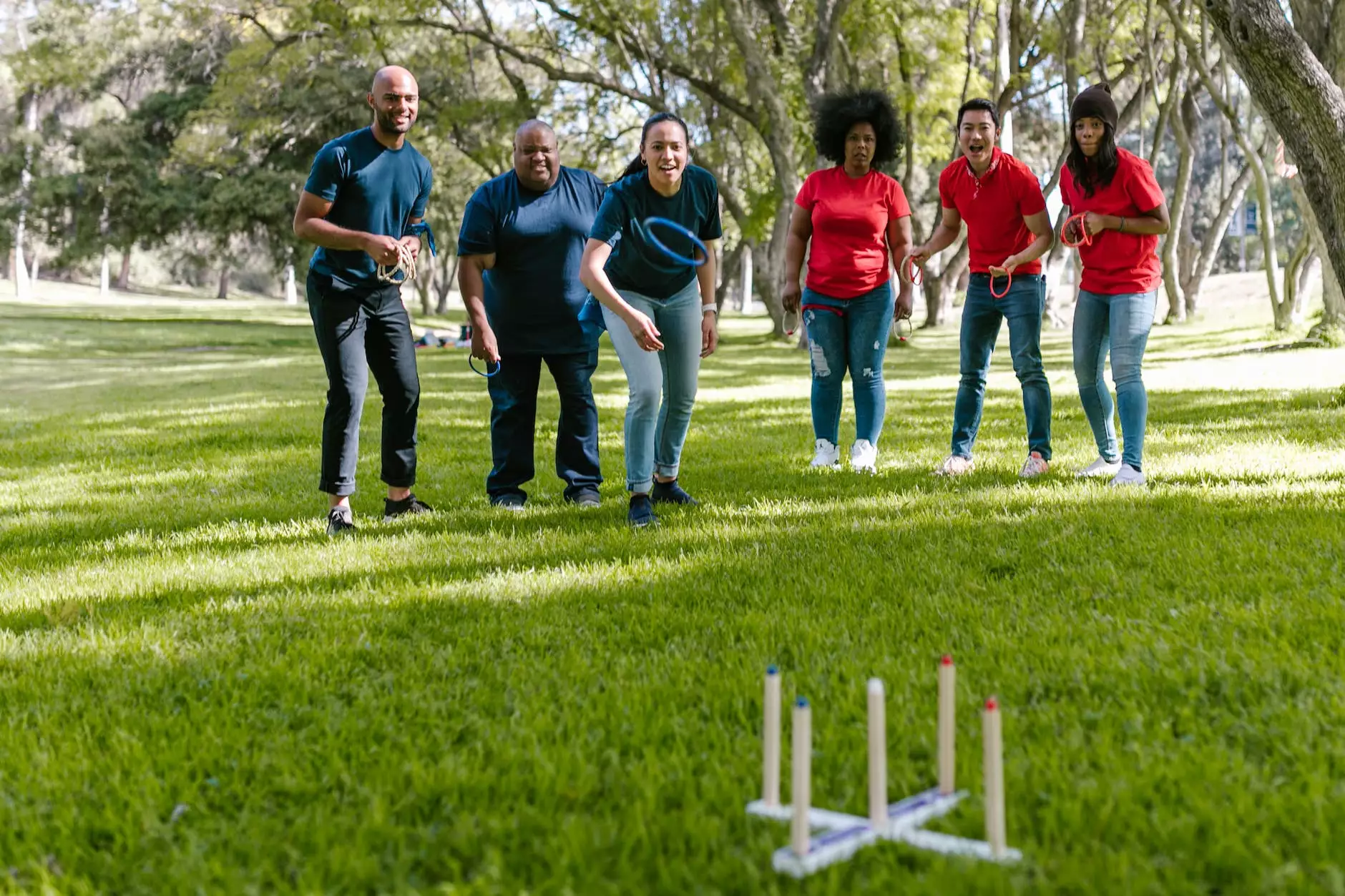Instrument Care Guides
About CAC NO
Introduction
Welcome to Cenla’s Elite Studio & Cheer Team's Instrument Care Guides! As an experienced provider of top-quality performing arts education, we understand the importance of maintaining and caring for your musical instruments. In this comprehensive guide, we will provide you with valuable tips and recommendations to help you improve the lifespan and performance of your instruments. Whether you are a beginner or a seasoned musician, our instrument care guides will assist you in keeping your instruments in pristine condition.
Why Instrument Care Is Essential
Caring for your musical instruments is crucial for several reasons. Firstly, proper maintenance ensures optimal sound quality and performance. Regular cleaning and maintenance routines can prevent the buildup of dirt, dust, and grime that can affect the instrument's sound projection and tonal quality.
Secondly, investing time and effort in instrument care can significantly extend its lifespan. Regular inspections and maintenance can help detect and address minor repairs or adjustments before they escalate into more significant issues. This saves you from costly repairs or the need to replace your instrument entirely.
Caring for Different Types of Instruments
Piano Care
For pianos, regular tuning is crucial to maintaining proper pitch and sound quality. It is recommended to have your piano tuned at least once a year by a professional tuner. Additionally, keep your piano away from direct sunlight, extreme temperatures, and humidity to prevent damage to the wood and internal components. Regularly dusting the keys and wiping the piano's surface with a soft cloth is also essential to maintain its appearance and prevent dust buildup.
String Instrument Care
String instruments like violins, cellos, and guitars require specific care to ensure their longevity. The most crucial aspect of string instrument care is maintaining proper humidity levels. Excessive dryness or humidity can cause the instrument's wood to warp or crack. Using a humidifier or dehumidifier in the room where your instrument is stored can help regulate humidity levels.
Additionally, regular cleaning of the instrument's strings, fingerboard, and body with a soft cloth after each use is recommended to remove rosin residue and sweat that can corrode the strings and damage the finish. Proper storage in a protective case when not in use will also protect the instrument from accidental damage.
Brass and Woodwind Instrument Care
Brass and woodwind instruments such as trumpets, saxophones, and flutes require regular cleaning and maintenance to ensure optimal playability and longevity. Cleaning the instrument's mouthpiece, valves, and tubing using specialized cleaning brushes, cloths, and cleaning solutions can help prevent the buildup of bacteria and debris that can affect the instrument's sound and performance.
It is essential to store these instruments in their cases when not in use to protect them from accidental damage. Regular inspections by a professional technician can identify and address any mechanical issues or adjustments that may be necessary.
Additional Tips for Instrument Care
Handling and Storage
When handling your instruments, always make sure your hands are clean and dry to prevent transferring oils and moisture onto the instrument's surfaces. Avoid exposing your instruments to extreme temperatures, direct sunlight, or sudden changes in temperature, as these can cause damage to the materials.
Proper storage is crucial to protect your instruments from physical damage. Utilize instrument cases or stands designed specifically for your instrument type. Ensure that the cases are clean, dry, and free from any sharp objects that could potentially scratch or dent the instrument.
Regular Maintenance and Inspections
Schedule regular maintenance and inspections with a qualified technician or luthier to ensure your instruments are in optimal playing condition. They can identify and address any issues with your instrument that may affect its performance or longevity. Regular maintenance may include lubricating moving parts, adjusting tension, and replacing worn-out components.
Transportation
When transporting your instruments, utilize protective cases and packing materials to prevent damage during transit. Secure the instrument properly to avoid unnecessary movement or potential impact-related damage. If possible, hand-carry fragile instruments or use a climate-controlled transportation option to protect them from extreme weather conditions.
Conclusion
Cenla’s Elite Studio & Cheer Team hopes that our instrument care guides have provided you with valuable insights and tips to ensure the longevity and optimal performance of your musical instruments. By implementing regular cleaning routines, storage practices, and professional maintenance, you can continue to create beautiful music for years to come. Remember, investing in instrument care is investing in your own musical journey!




